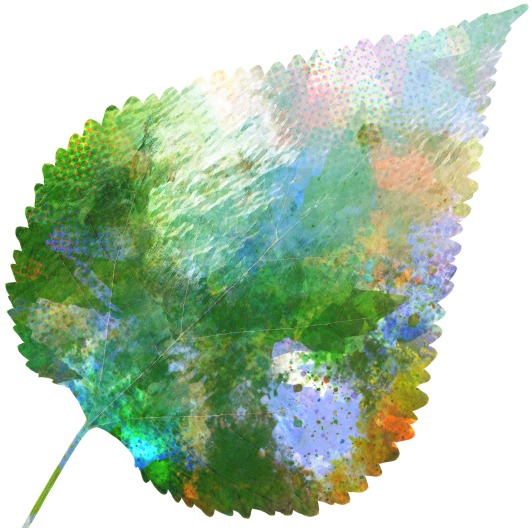 Fourth of July is right around the corner. Fireworks in Riverfront Park, cookouts in Centennial Park and pool parties in your backyard are just some of the things people do to celebrate America’s independence. However, with celebrating, comes a responsibility for your loved ones. According to National Fire Protection Association study issued last year, over 15,000 firework-induced fires were reported. Not only can these fires result in hundreds of dollars in property damage, but it can also cause bodily injury to you or a loved one. So while you, your friends and family gather around your backyard to celebrate, make sure you have taken all the proper precautions necessary if you plan on setting off a few fireworks.
Fourth of July is right around the corner. Fireworks in Riverfront Park, cookouts in Centennial Park and pool parties in your backyard are just some of the things people do to celebrate America’s independence. However, with celebrating, comes a responsibility for your loved ones. According to National Fire Protection Association study issued last year, over 15,000 firework-induced fires were reported. Not only can these fires result in hundreds of dollars in property damage, but it can also cause bodily injury to you or a loved one. So while you, your friends and family gather around your backyard to celebrate, make sure you have taken all the proper precautions necessary if you plan on setting off a few fireworks.
Have a fallen tree in your back yard? Call the Parke Company to have the tree removed. This will prevent any unnecessary problems if a firework flies in that direction.
Have any deadwood or brush that needs to be removed? Same with a fallen tree, the Parke Company can assist in removing any deadwood or brush that could be potentially hazardous during Independence Day festivities.
Have any overgrowth that needs that needs to be cut back or even removed. Have any landscaping questions? Not only can overgrowth upset the ambiance of a barbeque, but it can also “fuel the fire” if the overgrowth is out of hand. Call the Parke Company for any landscaping or design questions you have before the holiday.
There are many things to consider before hosting your 4th of July get-together in Middle Tennessee — from bratwursts to party music to even deadwood. Celebrate this year’s Independence Day with ease and schedule your tree maintenance or landscaping needs now before it is too late. Call the Parke Company at (615) 405-6548 for more information.

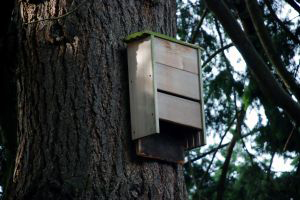 The beautiful summertime in Middle Tennessee can often mean you spend your outdoor activities armed with bug spray. Insects such as mosquitoes can dampen your summer and prevent you from doing more activities. There is always one great natural way to control these outdoor pests: bat and Martin houses.
The beautiful summertime in Middle Tennessee can often mean you spend your outdoor activities armed with bug spray. Insects such as mosquitoes can dampen your summer and prevent you from doing more activities. There is always one great natural way to control these outdoor pests: bat and Martin houses.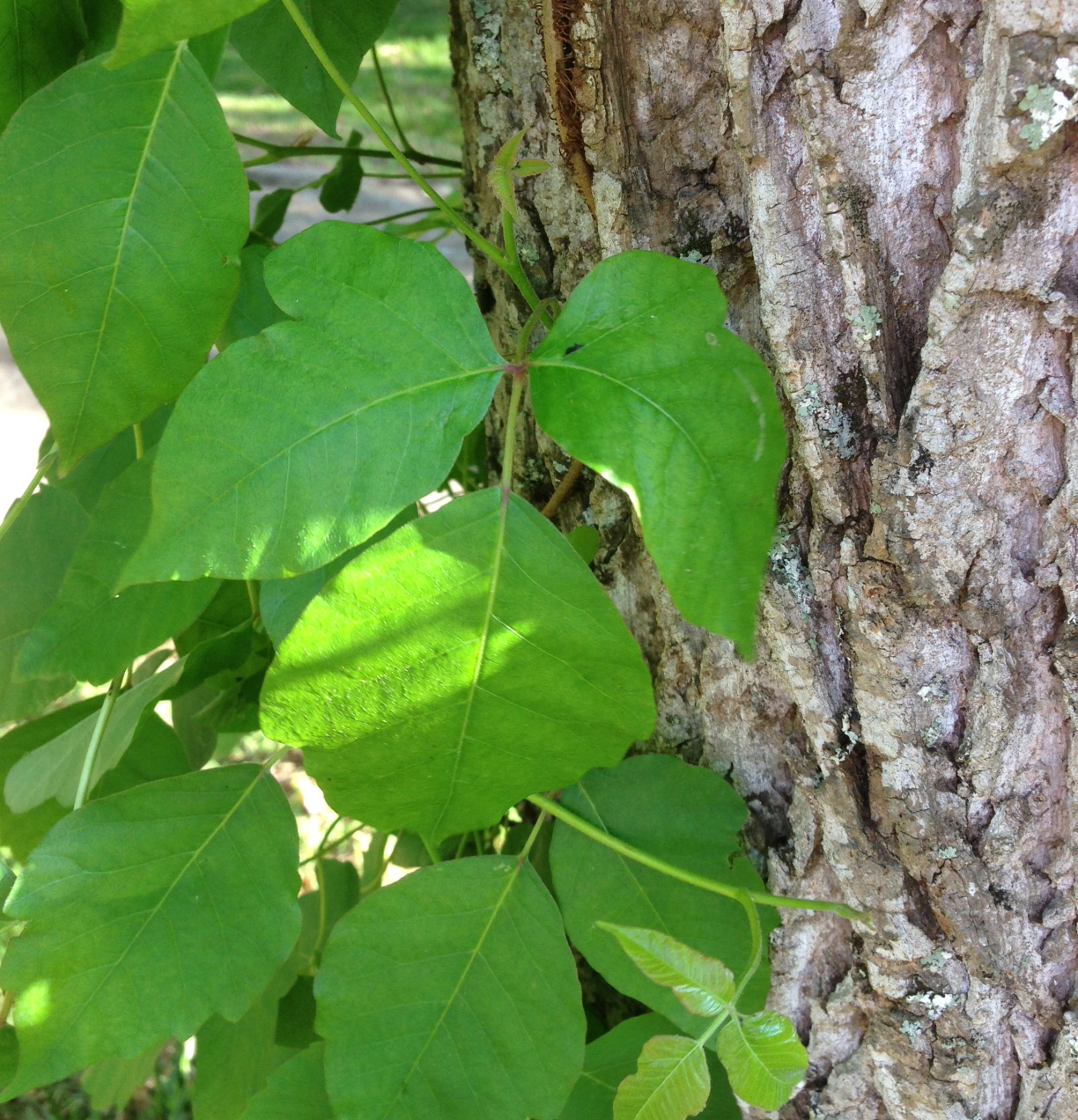 Summertime is vastly approaching. That’s right! Swimming out on
Summertime is vastly approaching. That’s right! Swimming out on 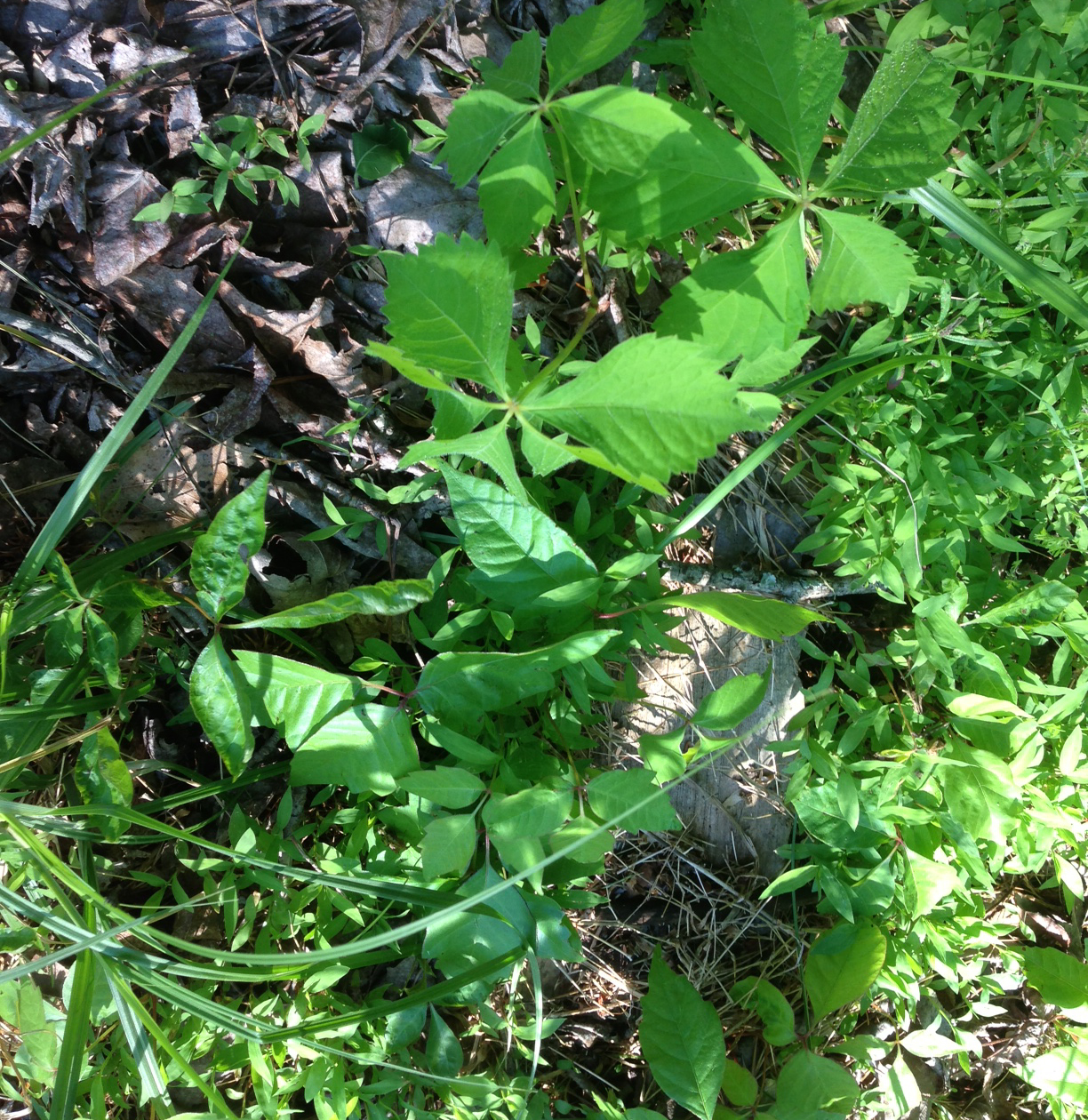 Virginia Creeper — “Leaves of Five, Let Them Thrive.”
Virginia Creeper — “Leaves of Five, Let Them Thrive.”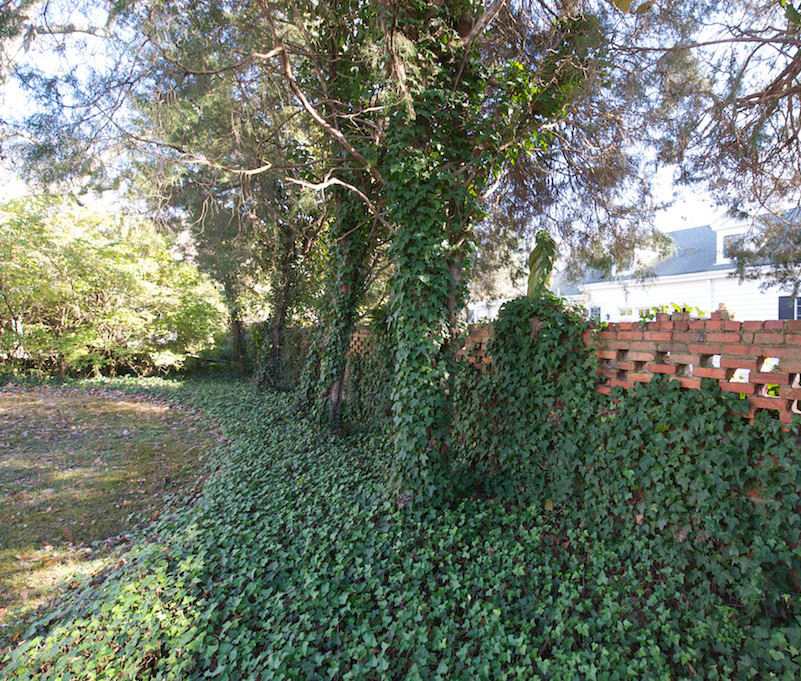 Vines can convey a variety of meanings, especially depending on the setting. For example, ivy crawling up Belle Meade plantation can be both beautiful and majestic. However, vines crawling up your oak tree in your West Nashville home can often be annoying and look invasive. However, before you go crazy with the garden sheers, consult with the Parke Company on removing the vines for you. Removing vines without proper knowledge or background can often damage the tree and put you in harm’s way.
Vines can convey a variety of meanings, especially depending on the setting. For example, ivy crawling up Belle Meade plantation can be both beautiful and majestic. However, vines crawling up your oak tree in your West Nashville home can often be annoying and look invasive. However, before you go crazy with the garden sheers, consult with the Parke Company on removing the vines for you. Removing vines without proper knowledge or background can often damage the tree and put you in harm’s way.